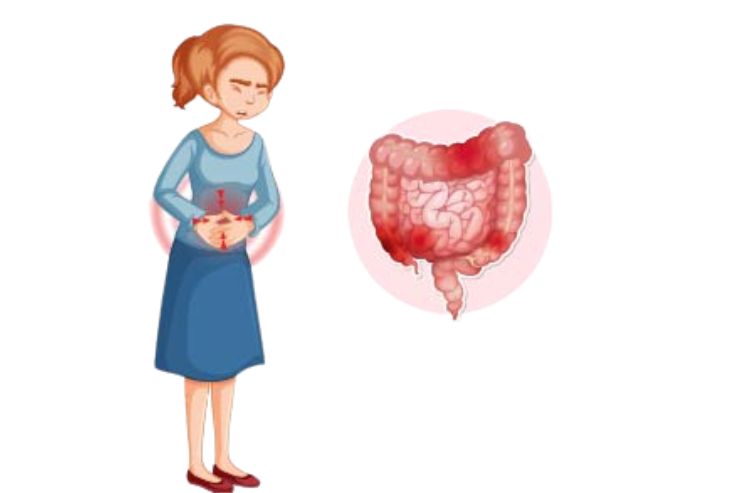
Effective medical management is the cornerstone of IBD treatment at our clinic. We offer a range of pharmacological therapies aimed at reducing inflammation, managing symptoms, and inducing and maintaining remission. These include:
Nutrition plays a vital role in managing IBD. Our clinic provides tailored nutritional counseling and support to help patients maintain optimal health. Services include:
While many patients with IBD can be managed with medical therapy, surgery is sometimes necessary. Our skilled surgeons are experienced in a range of procedures to address complications and improve quality of life. Common surgeries performed at our clinic include:
Our clinic utilizes state-of-the-art diagnostic tools to monitor disease progression and response to treatment: